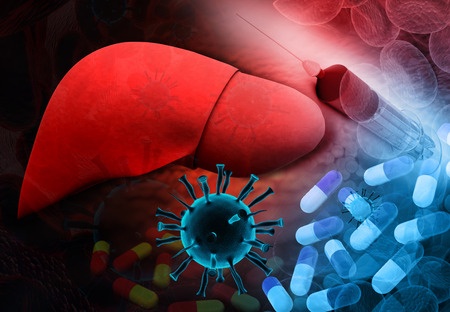What is Drug Induced Hepatitis?
The liver plays a very important role in the processing of drugs. In the process, contact with the drug could elicit an inflammatory reaction in the liver.
Some drugs are known to have a higher risk of causing liver inflammation than others. But in general, any drug could cause liver inflammation depending on the specific sensitivity of individual patients. These specific-to-patient drug reactions are called “idiosyncratic” reactions. It is thought that about 5% of acute hepatitis is due to drugs. There are hundreds of drugs that have been implicated in liver disease.
What are the symptoms and signs?
There is a wide range of severity in the liver inflammation caused by drugs. Many patients are totally asymptomatic and the inflammation is detected only through a blood test. On the other extreme, fulminant hepatitis can occur with jaundice, liver failure, coma and death. Any particular drug could cause the entire range of liver inflammation in different patients.
Can it be treated?
It is important to get a history of drug consumption. If a drug is thought likely to be the culprit, the only solution is to stop using the drug, permanently. Other treatment is supportive. It is important not to assume that hepatitis is drug related. Other common causes such as the more common virus Hepatitis A, B, C, D, E must be excluded first.
What is the outcome?
In most cases, withdrawal of the drug leads to resolution of the hepatitis. In rare cases, fulminant hepatitis can lead to liver failure and require liver transplantation. Even if the reaction is not severe, failure to withdraw the drug could lead to chronic hepatitis and eventual cirrhosis and liver failure. In western countries, drug induced liver disease was found to account for between 20% and 75% of cases of acute liver failure.





